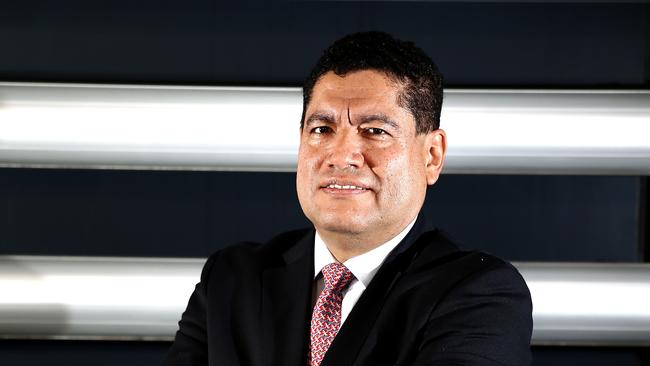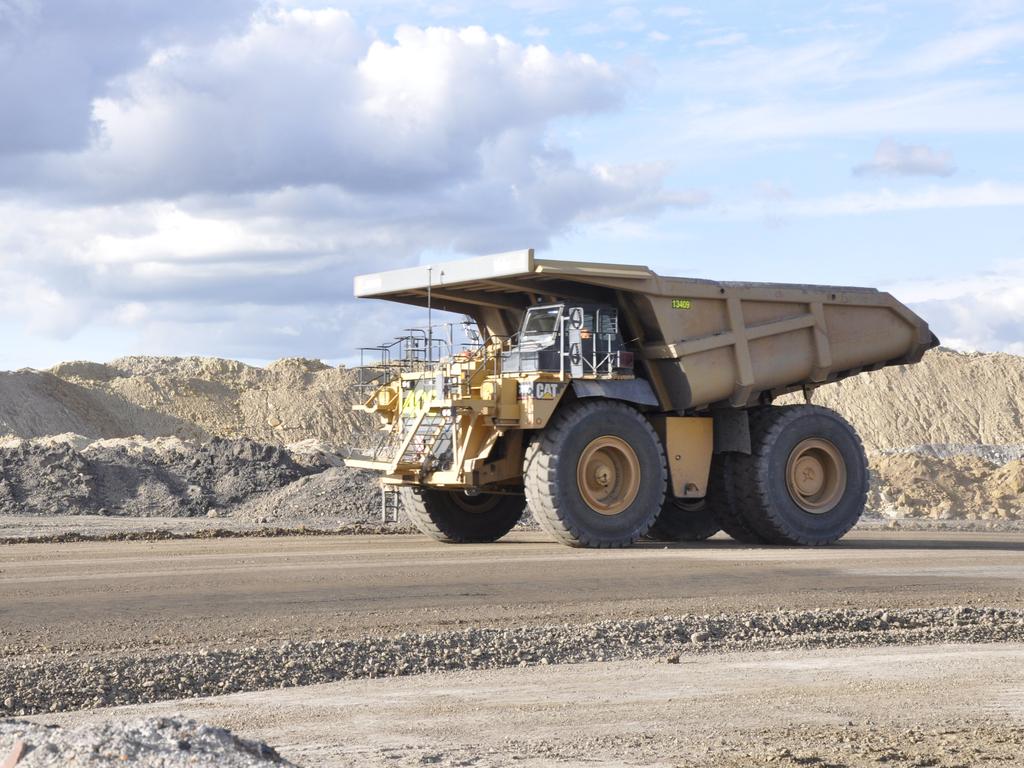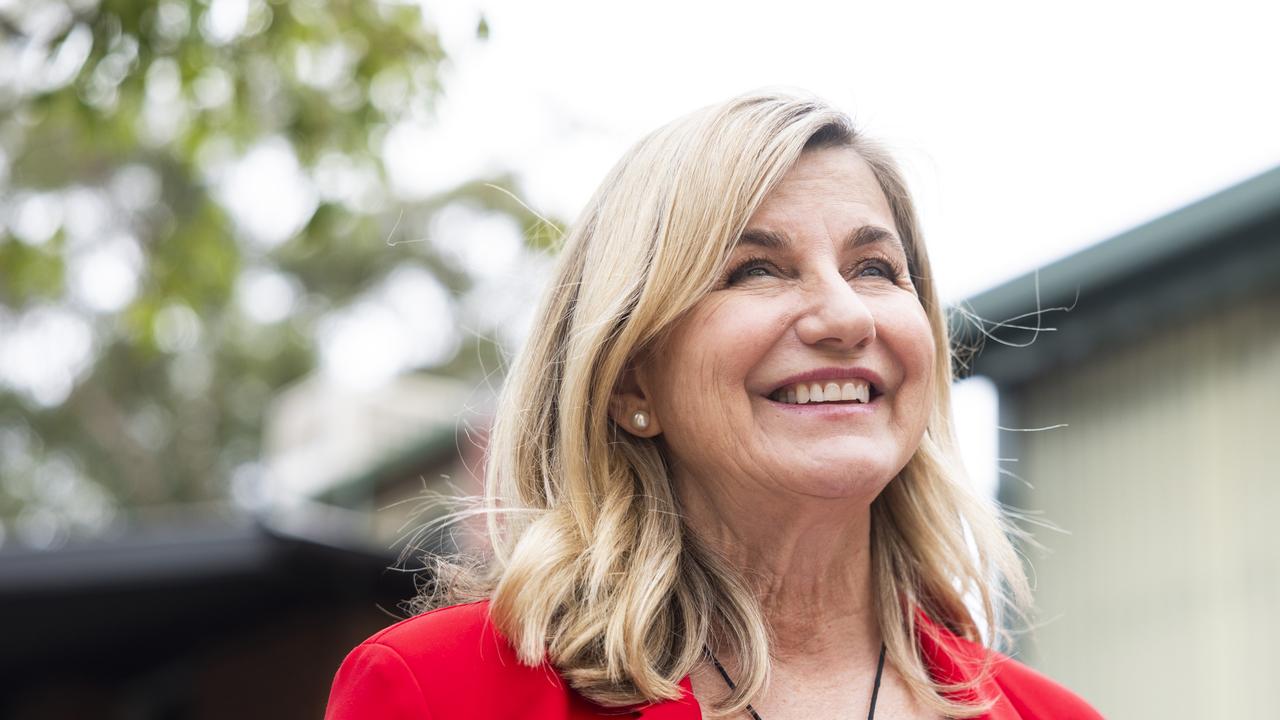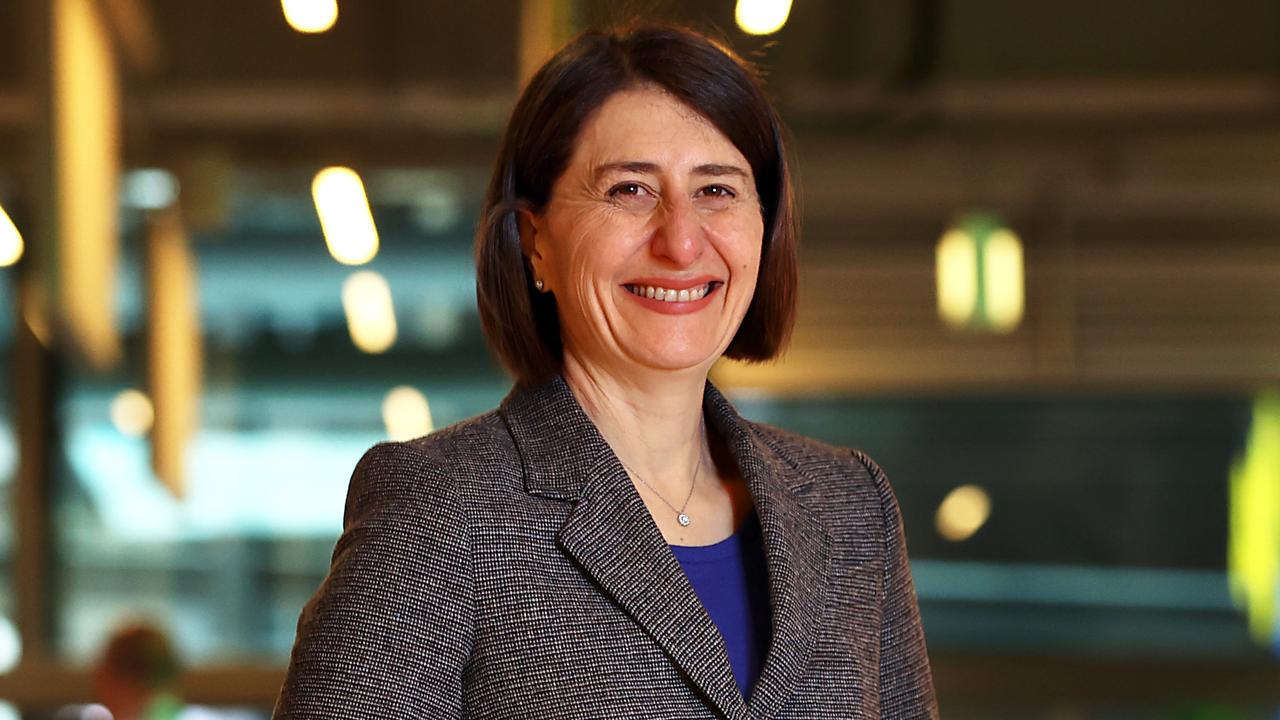Japan’s fears about Queensland’s coal tax is ‘tip of the iceberg’
The new coal royalty system is a backward step and damages Australia’s reputation as a place to invest, BHP chief warns.

Japan’s investment fears over the Queensland Labor government’s new coalmining tax are “just the tip of the iceberg”, mining giant BHP says.
BHP Minerals Australia boss Edgar Basto said the new coal royalty system, unveiled in last month’s state budget, was a “backward step and damages Queensland’s and Australia’s reputation as a place to invest”.
Mr Basto will voice concerns about the royalty hike and its effects on international investment at The Australian Strategic Business Forum in Melbourne next week.
“The Queensland Government’s decision to impose a new tax on some of the state’s biggest employers without consultation is the antithesis of considered policy in Queensland’s interest or the national interest,” he said.
“The deep concern voiced by the Japan’s Ambassador to Australia was striking, and likely just the tip of the iceberg.
“We are hearing similar concerns from our project partners, industry peers, investors, customers and suppliers, as well as Central Queensland communities where the impact will be most acute.”
Shingo Yamagami, the Japanese ambassador to Australia, publicly criticised the Queensland government for its increase in coal royalties earlier this month, saying it has triggered a rethink about whether the state remained a “safe and predictable” investment destination.
Mr Yamagami said the hike was an issue of “great concern” and key players in the sector felt they were “not consulted on such a significant change and that they were taken by surprise”.
Treasurer Cameron Dick increased coal mining royalties in his June 21 budget following a decade-long freeze. He had repeatedly promised no new or increased taxes during the 2020 state election campaign.
Japan is an important trading partner for Queensland and recently overtook China as the state’s biggest export destination.
There was $17bn worth of Queensland commodities sold to Japan in the past year, an increase of $9.6bn from the year to April 2022.
Mr Basto said investment decisions about future developments were made many years in advance and heavily influenced by certainty, or the lack of it.
“So while the impact may not be felt for a few years, it will come as companies and investors look to invest capital elsewhere in Australia or overseas,” he said.
“That will mean less development, less local spending, less innovation, less training, and fewer jobs.”
Mr Dick has brushed off questions about whether the royalty hike had damaged Queensland’s relationship with Japan, insisting it was still “strong”.
“But the truth of the matter is that these resources belong to the people of Queensland, the people of our state deserve a fair deal for their resources,” he has said.
Mr Dick said coal royalties had increased four times in the past 28 yeas and “the industry continued to prosper” and argued the increase was a fair deal given months of record coal prices.
As of July 1, the highest coal royalty rate in the state lifted to 40 per cent. This rate applies to coal prices of above $300 a tonne. Two other new tiers are also in operation: a rate of 30 per cent for prices above $225 a tonne and 20 per cent for prices above $175 a tonne. Previously the top rate was 15 per cent.







To join the conversation, please log in. Don't have an account? Register
Join the conversation, you are commenting as Logout